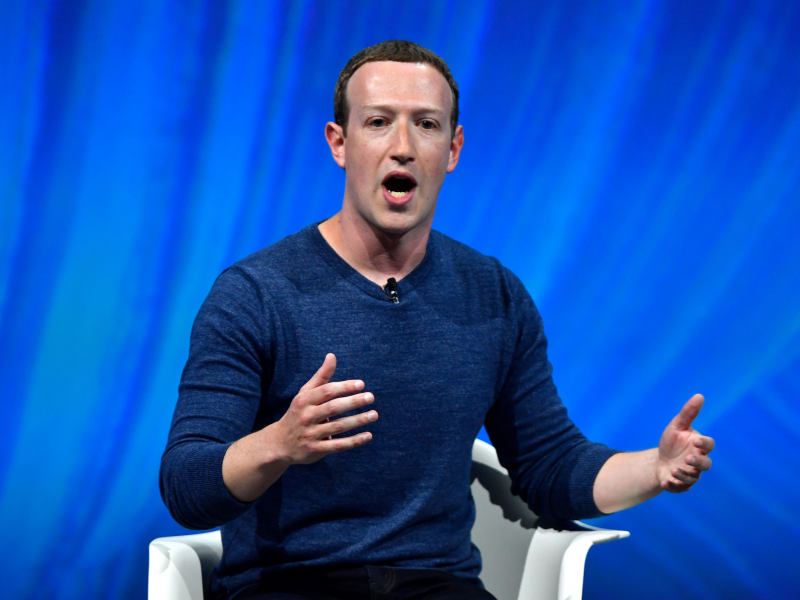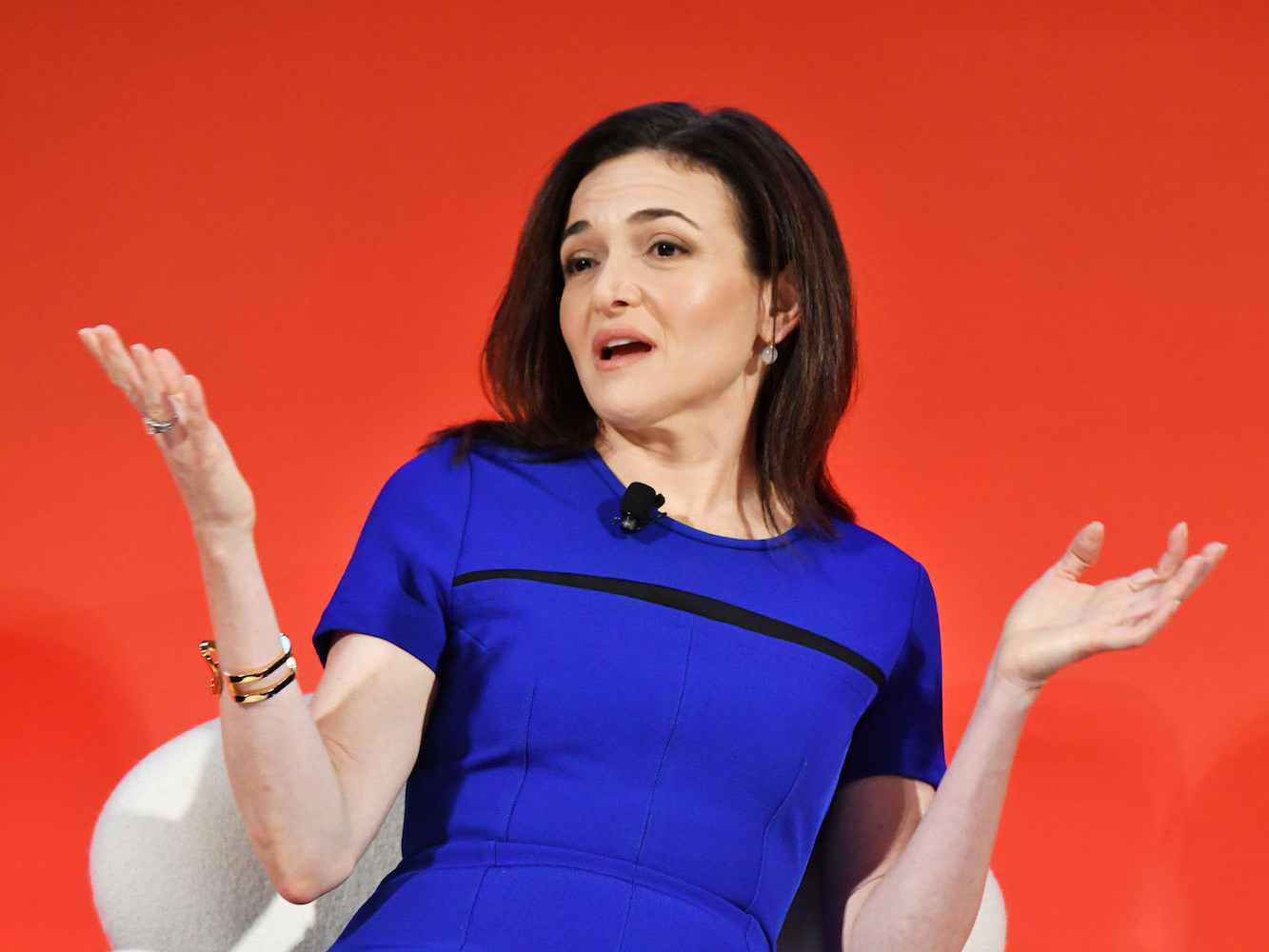- As the furor around Facebook’s stance on political advertising grows, the firm’s chief operating officer, Sheryl Sandberg, has said political ads are worth less than 1% of the social network’s revenue.
- Sandberg told Bloomberg that the revenue Facebook made from political ads was “not worth the controversy” generated by the company’s policy not to fact-check such ads, but she justified the firm’s acceptance of such ads on free-speech grounds.
- Sandberg’s remarks were published hours after Twitter CEO Jack Dorsey pointedly banned political ads from his platform, saying political reach needed to be earned rather than paid for.
- Visit Business Insider’s homepage for more stories.
Facebook’s chief operating officer, Sheryl Sandberg, doubled down on the firm’s stance on political advertising late Wednesday, saying the company allowed the ads on free-speech grounds even though they didn’t bring in much revenue and had caused a huge hassle.
In an interview with Bloomberg, Sandberg said Facebook barely made any money from political ads.
“We’re not doing it because of the money,” she said. “This is less than 1% of our revenue and the revenue is not worth the controversy.”
She added that Facebook continued to allow political ads on free-speech grounds. She said that the company believed in free expression and political speech and that ads “can be an important part of that.”
Facebook on Wednesday registered another strong fiscal quarter, reporting revenue of $17.65 billion and net income of $6.09 billion.
The issue of political advertising on social media has become deeply sensitive and gnarly, particularly in the run-up to a December general election in the UK and the 2020 US presidential election. The 2016 US presidential election was tainted by misinformation spread by Russian operatives, particularly on Facebook.

The recent controversy began when Facebook said it would tolerate political ads containing lies. Its top spokesman, Nick Clegg, wrote a post on September 24 saying ads from politicians would not undergo the same third-party fact-checking process as other content. CEO Mark Zuckerberg doubled down on the policy in a speech.
Critics now worry that Facebook's stance will allow politicians to lie with impunity ahead of an election. They point to President Donald Trump, who frequently trades in conspiracy theories and has been caught making misleading claims in ads.
"Mark, by deciding to allow outright lies in political ads to travel on Facebook, is embracing the philosophy behind Trumpism and thereby tipping the scales," Chris Hughes, a Facebook cofounder turned critic, wrote on Twitter earlier in October.
"There is a higher calling - to be a platform that won't allow political lies to spread. Employees should demand that kind of policy. It isn't partisan - it's the right thing to do."
Twitter CEO Jack Dorsey, Zuckerberg's major business rival, said his firm would ban all political ads, making the announcement pointedly just minutes before Facebook was due to publish its third-quarter earnings.
"This isn't about free expression," Dorsey said. "This is about paying for reach. And paying to increase the reach of political speech has significant ramifications that today's democratic infrastructure may not be prepared to handle. It's worth stepping back in order to address."

